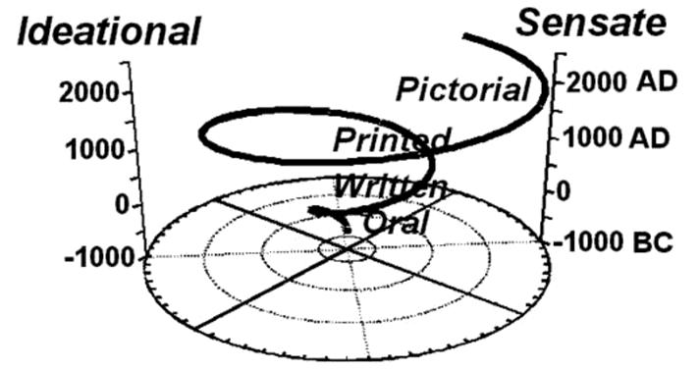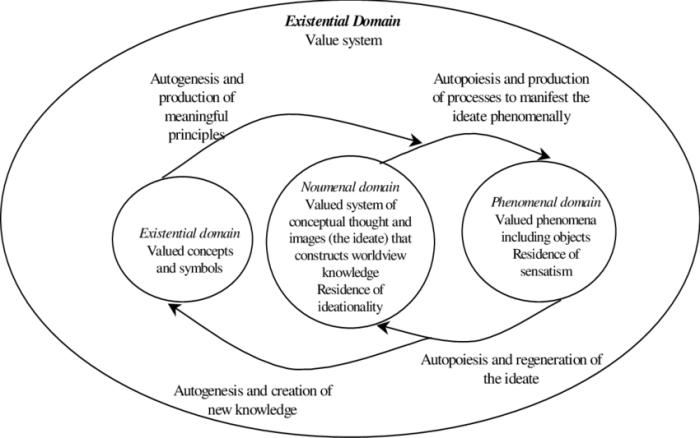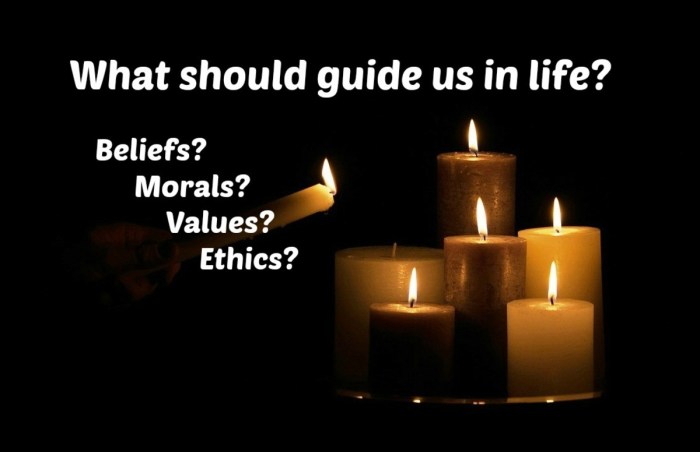Ideational cultures are to sensate cultures as religion is to spirituality, representing contrasting perspectives and orientations that shape societies and individuals. Ideational cultures prioritize abstract ideas, values, and beliefs, while sensate cultures emphasize tangible experiences, material possessions, and immediate gratification.
Religion often reflects these cultural orientations, serving as a reflection of the dominant values and priorities within a society.
This dynamic relationship between culture and religion has significant implications for understanding social and cultural change. As societies shift from ideational to sensate orientations, it can lead to profound transformations in values, institutions, and individual behaviors.
Cultural Ideals and Values

Ideational cultures emphasize spiritual and intellectual pursuits, while sensate cultures prioritize material well-being and sensory experiences. Ideational cultures value tradition, hierarchy, and the pursuit of knowledge, while sensate cultures embrace individualism, innovation, and the enjoyment of life.
Examples of Cultural Traits
- Ideational: Emphasis on religious rituals, reverence for ancestors, and respect for authority.
- Sensate: Pursuit of material wealth, consumerism, and personal fulfillment.
Religion as a Reflection of Cultural Orientation: Ideational Cultures Are To Sensate Cultures As Religion Is To
Religion reflects the dominant cultural orientation within a society. In ideational cultures, religion tends to emphasize spiritual transcendence, otherworldly rewards, and the importance of following religious laws. In sensate cultures, religion may focus on personal fulfillment, worldly rewards, and the importance of individual experience.
Alignment with Cultural Values
- Ideational: Religious beliefs and practices align with values of spirituality, tradition, and the pursuit of salvation.
- Sensate: Religious beliefs and practices align with values of individualism, personal experience, and the pursuit of material well-being.
Comparative Analysis of Ideational and Sensate Cultures

| Aspect | Ideational | Sensate |
|---|---|---|
| Materialism | Emphasized | Central |
| Spirituality | Central | Emphasized |
| Individualism | Emphasized | Central |
| Tradition | Central | Emphasized |
Historical and Contemporary Examples

Historical Examples, Ideational cultures are to sensate cultures as religion is to
- Ideational: Ancient Egypt, Medieval Europe
- Sensate: Ancient Greece, Renaissance Europe
Contemporary Examples
- Ideational: Saudi Arabia, India
- Sensate: United States, Japan
Implications for Social and Cultural Change

Shifts from ideational to sensate orientations can impact societal values, institutions, and individual behaviors. They can lead to increased secularization, a decline in traditional values, and a focus on personal fulfillment over collective goals.
Impact on Institutions
- Education: Shifts towards a more pragmatic and skill-based curriculum.
- Government: Focus on economic growth and individual freedoms.
- Family: Decline in traditional family structures and an emphasis on individual autonomy.
FAQ Explained
What are the key differences between ideational and sensate cultures?
Ideational cultures emphasize abstract ideas, values, and beliefs, while sensate cultures prioritize tangible experiences, material possessions, and immediate gratification.
How does religion reflect cultural orientation?
Religion often serves as a reflection of the dominant cultural orientation within a society, aligning with the values and priorities of either ideational or sensate cultures.
What are the potential implications of cultural shifts from ideational to sensate orientations?
Cultural shifts from ideational to sensate orientations can lead to transformations in values, institutions, and individual behaviors, potentially impacting societal norms, economic structures, and personal lifestyles.